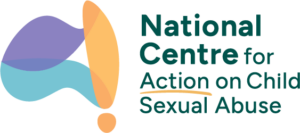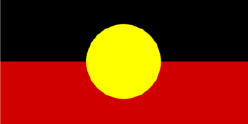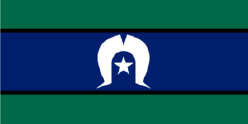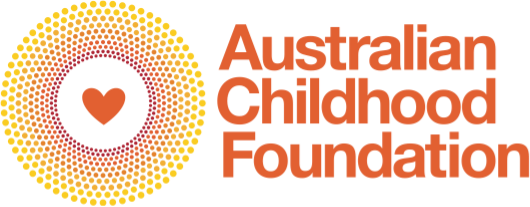Active Research
Evaluating foundational training for the Victorian specialist sexual assault sector
Research Topic areas
- Education
- Mental health
- Therapeutic responses
Project Duration
Start: March 2025
End: October 2025
Geographical Scope
VIC
Populations
Workforce
All ages
Gender
All genders
Project Lead
Emily Roberts, Sexual Assault Services Victoria
Dr Amy Webster, Sexual Assault Services Victoria
Project Team
Background
Sexual Assault Services Victoria recently completed a project commissioned by the National Centre for Action on Child Sexual Abuse that explored the knowledge gaps and training needs of the specialist sector workforce. This project found that the majority of the sector felt their pre-service qualifications did not adequately equip them to support and work with victims and survivors of child sexual abuse. In addition, capacity building, particularly in relation to cultural safety, children and young people with disability, and LGBTQIA+ inclusive practices is urgently needed. In an attempt to address these gaps, SASVic, in partnership with the Child and Woman Abuse Studies Unit and London Metropolitan University, has been delivering a 6-day short course. This course includes foundational theory and concepts that underpin the work of the specialist assault sector, seeking to build knowledge and critical thinking in areas such as child sexual abuse, foundational feminist theory, and gendered and intersecting drivers of sexual violence.
Aims
This project aims to measure the impact of this foundational training on the capacity of counsellor advocates and practitioners to deliver trauma-informed and compassionate support to victims and survivors of child sexual abuse. In turn, it is hoped this project will improve capacity within SASVic to design and deliver robust evaluations for current and future workforce development programs.
Methods
– An evaluation framework will be designed, in conjunction with appropriate logic models, which will then be tested with SASVic members and other relevant stakeholders.
– Previous feedback data (from 2023 and 2024 course offerings) will be consulted and collated with data gathered from the 2025 course to allow for evaluation data to be reviewed and analysed.
– Previous feedback data (from 2023 and 2024 course offerings) will be consulted and collated with data gathered from the 2025 course to allow for evaluation data to be reviewed and analysed.
Significance and Dissemination
The outcomes of this project will strengthen the design and delivery of workforce development activities so they have a meaningful impact on practice and the experiences of victims and survivors of child sexual abuse.
Further Details
Share project
Funding body:
The National Centre for Action on Child Sexual Abuse
The National Centre for Action on Child Sexual Abuse
Related posts: Response to child sexual abuse
Prevention
Understanding best practice and the role of professionals in preventing child sexual abuse and harmful sexual behaviours
Chelsea Farrugia
Australian Catholic University
Australian Catholic University
Prevention of child sexual abuse
Upskilling the community sport volunteer workforce to respond to child abuse in sport: a collaborative research project
Aurelie Pankowiak
Institute for Health and Sport, Victoria University
Institute for Health and Sport, Victoria University






